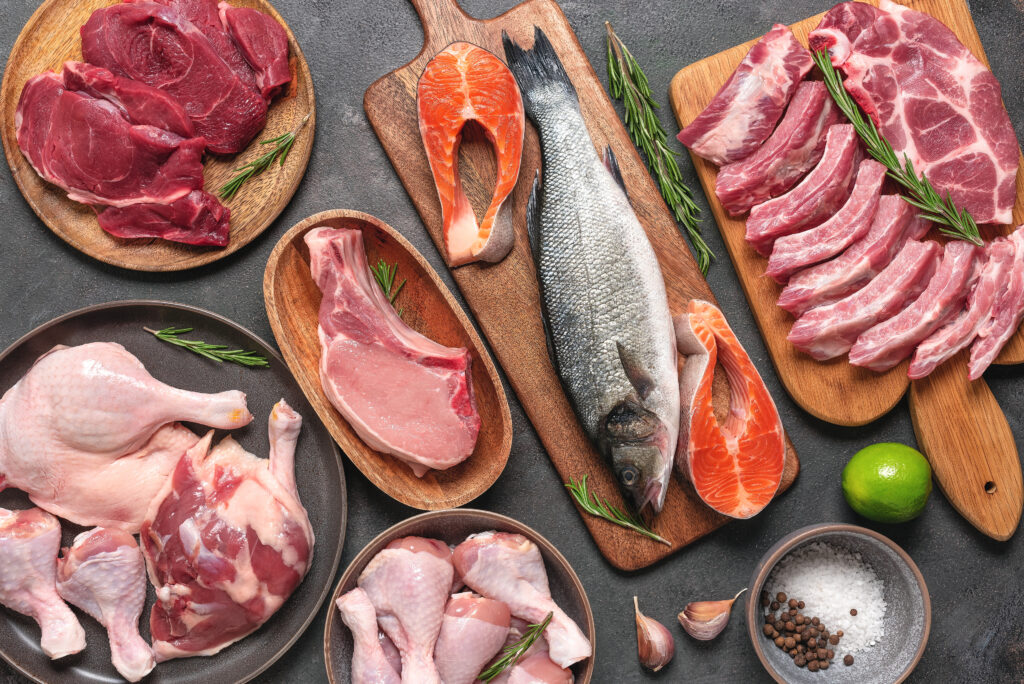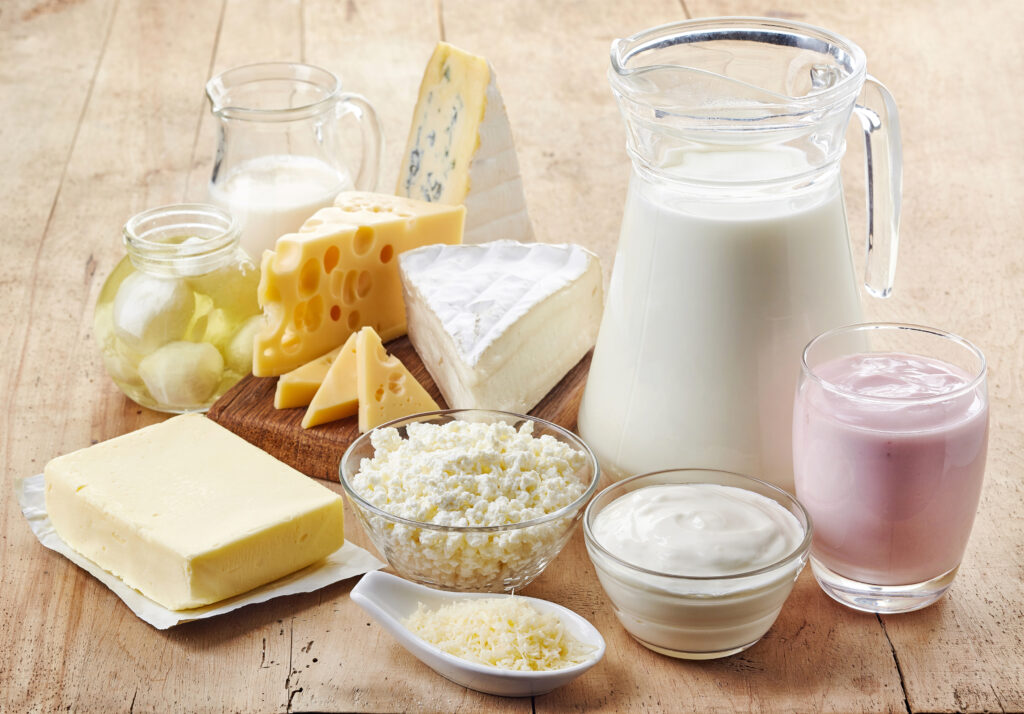The carnivore diet has surged in popularity among those seeking to simplify their eating habits and improve gut health. This diet eliminates all plant-based foods in favor of high-quality animal products, focusing on healing the gut and reducing inflammation. This guide provides a comprehensive look at what foods are embraced and avoided in a carnivore diet, particularly focusing on why certain foods are excluded due to their potential irritants or harmful properties.
What to Eat on a Carnivore Diet


This diet centers around whole, nutrient-dense animal products. Here’s what you can include:
1. Meats
– Red Meats: Such as beef, lamb, and pork, which are rich in protein, iron, and B vitamins.
– Poultry: Including chicken and turkey for variety and nutrient density.
– Game Meats: Like venison and bison, known for their lean quality and omega-3 content.
2. Seafood
– Fatty Fish: Options like salmon and mackerel are excellent for omega-3 fatty acids.
– Shellfish: Including shrimp and scallops, which are high in protein and minerals like iodine.
3. Animal Fats
– Tallow, Lard, and Duck Fat: These fats are stable for cooking and nutrient-rich.
– Butter and Ghee: High in fat-soluble vitamins and great for flavoring and cooking.
– Tallow, Lard, and Duck Fat: These fats are stable for cooking and nutrient-rich.
– Butter and Ghee: High in fat-soluble vitamins and great for flavoring and cooking.
– Cheese: Preferably hard or aged varieties, which are lower in lactose.
– Cream and Yogurt: Full-fat and unsweetened to keep carb intake minimal.
5. Eggs
– An excellent source of protein, fats, and essential nutrients like choline.
What to Avoid on a Carnivore Diet
1. Fruits and Vegetables
– Why Avoid: Despite their health benefits in a standard diet, fruits and vegetables contain natural defense chemicals like lectins and phytates. These substances can inhibit nutrient absorption and irritate the gut lining, potentially leading to inflammation and digestive issues.
2. Nuts and Seeds
– Why Avoid: Nuts and seeds are prone to containing molds and aflatoxins, which can be harmful in large quantities. They also have phytic acid, which binds to minerals in the gut and prevents their absorption.
3. Grains and Legumes
– Why Avoid: Similar to fruits and vegetables, grains and legumes are high in lectins and other anti-nutrients that can cause gut irritation and contribute to autoimmune responses and other chronic health issues.
4. Processed Foods and Sugars
– Why Avoid: These foods are not only high in unhealthy fats and additives but also often contain hidden sugars and refined carbohydrates that disrupt gut flora and spike insulin levels.
5. Seed Oils
– Why Avoid: Common seed oils include canola, soybean, sunflower, and corn oil. These oils are high in polyunsaturated fatty acids (PUFAs), particularly omega-6 fatty acids, which can promote inflammation when consumed in excess relative to omega-3s. Excessive consumption of PUFAs can lead to oxidative stress and contribute to various health issues, including cardiovascular disease and chronic inflammation.
The Rationale Behind Dietary Restrictions
The primary goal of the carnivore diet is to heal the gut by removing potential irritants found in many plant-based foods. This approach is based on the hypothesis that our ancestors thrived on a predominantly animal-based diet, and modern diseases stem from the agricultural revolution and the introduction of plant-based foods.
By focusing exclusively on animal products, the carnivore diet aims to reduce the intake of substances that modern research suggests may contribute to chronic inflammation, gut permeability, and autoimmune conditions. Once the gut health is restored, some individuals may choose to reintroduce plant foods cautiously to gauge tolerance.
Conclusion
The carnivore diet offers a radical but increasingly popular approach to eating that prioritizes gut health and systemic inflammation reduction. By focusing on nutrient-dense animal products and eliminating potential irritants like lectins, phytates, and molds found in plant foods, as well as avoiding high-PUFA seed oils, this diet seeks to restore digestive health and promote overall wellness. As with any dietary change, it’s essential to proceed under the guidance of healthcare professionals to ensure balanced nutrition and address any health issues.





